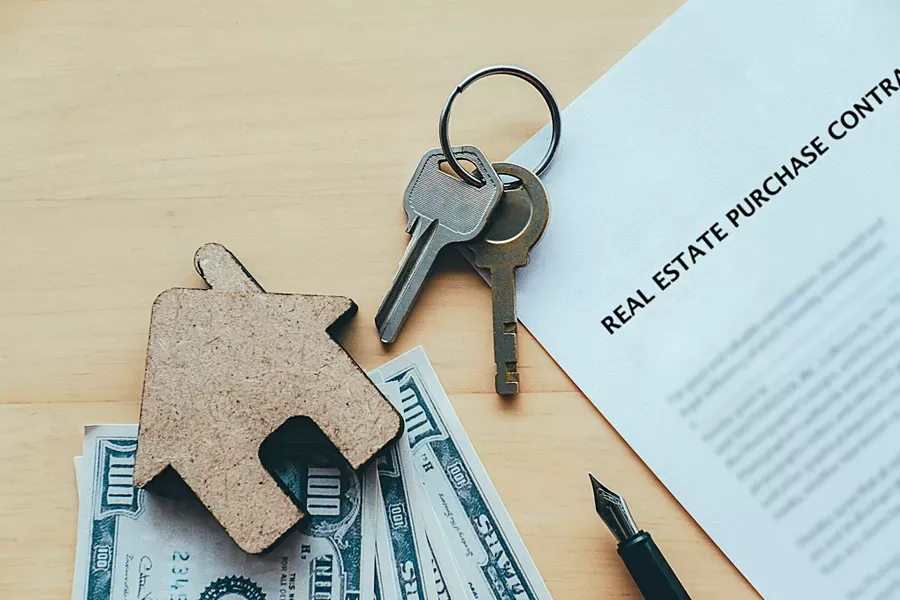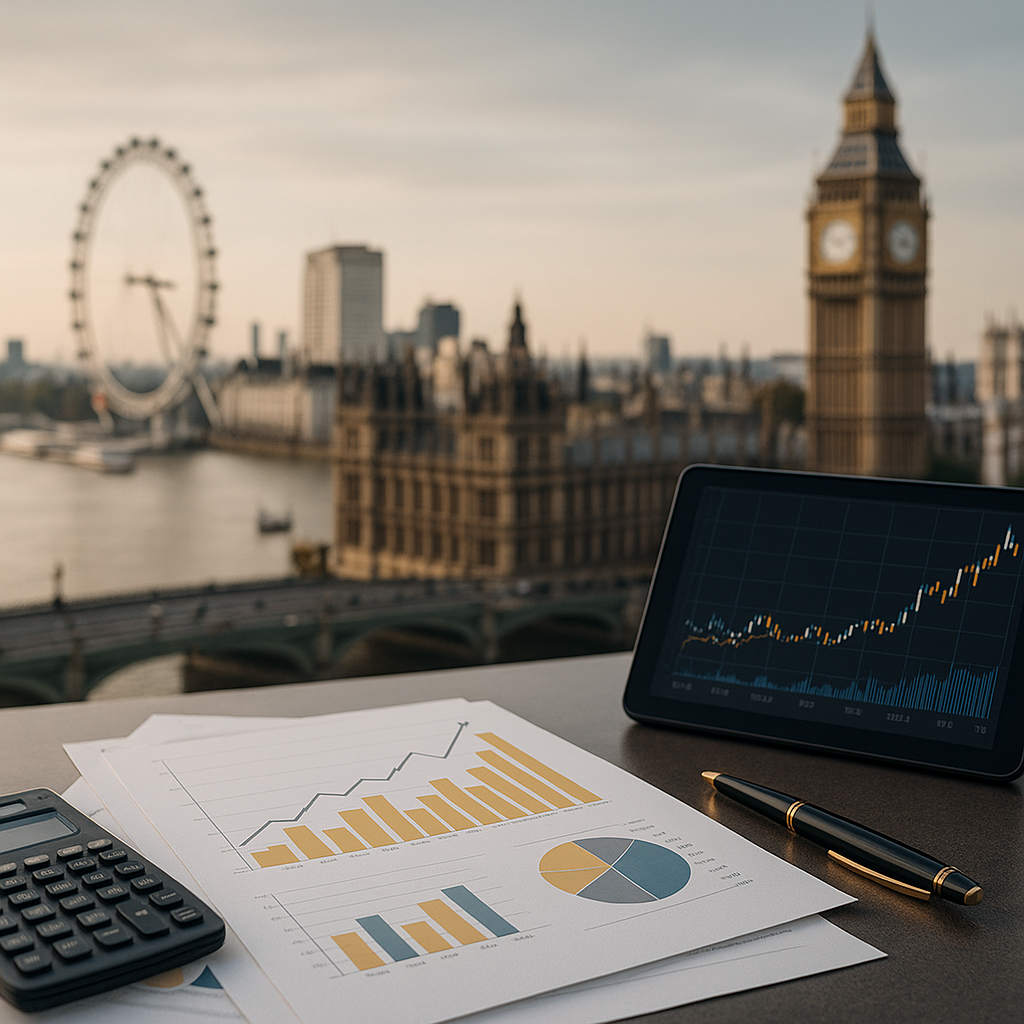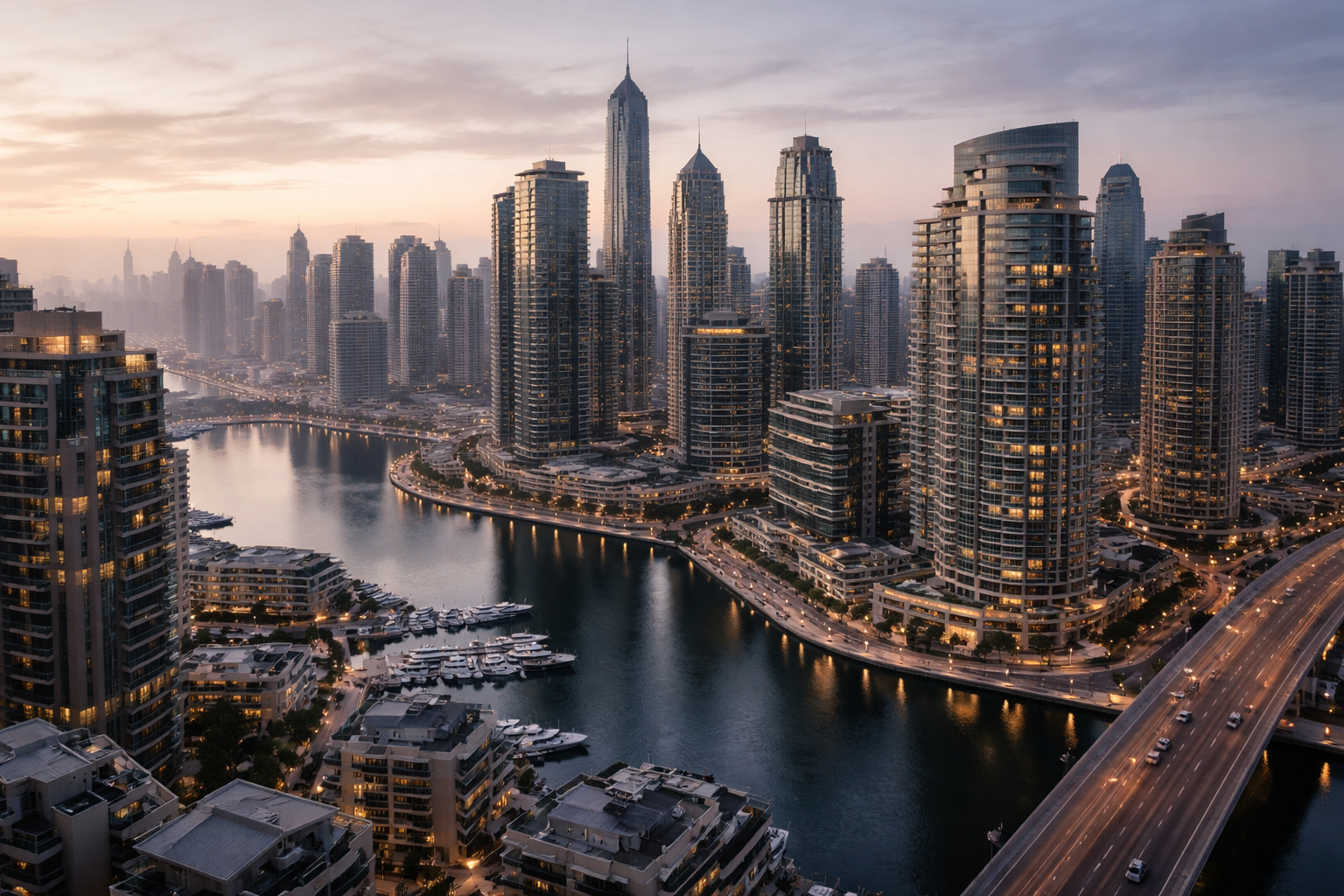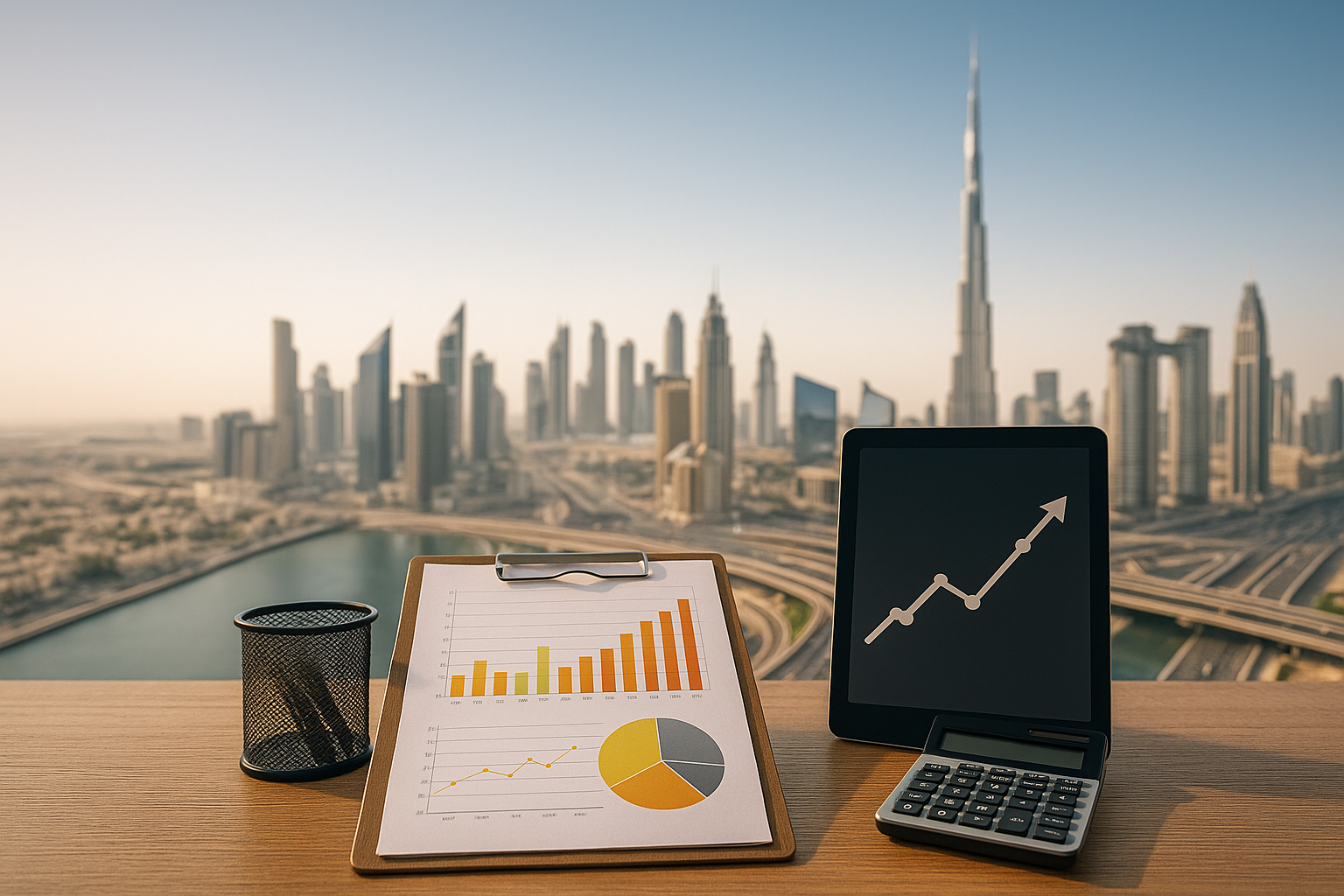Dubai’s real estate market is undoubtedly one of the most dynamic and attractive in the world. If you want to know about the amount of deposit required to purchase properties in Dubai, we will cover everything in this regard in the following blog post.
We start by explaining the deposit requirements and then discuss other relevant issues, including the factors that affect the deposit requirements and the important points to consider.
What are the Deposit Requirements in Dubai?
The deposit required to buy a house in Dubai varies depending on several factors, including your residency status, the property’s value, and whether it’s your first or subsequent property purchase.
The UAE Central Bank sets regulations to ensure stability in the real estate market, and these guidelines dictate the minimum down payment for mortgages. With that being said, let’s have a detailed look at the deposit requirements based on different buyer profiles:
1. UAE Nationals
For UAE nationals, the deposit requirements are slightly more favorable:
- Properties valued under AED 5 million: A minimum deposit of 15% of the property’s value is required for first-time buyers.
- Properties valued over AED 5 million: The minimum deposit increases to 25%.
- Government housing schemes: Some schemes allow UAE nationals to secure a mortgage with a reduced deposit of 15%, regardless of property value.
- Subsequent properties: For second or additional properties, the minimum deposit is 35%, regardless of the property’s value.
Note that UAE nationals represent 11.5% of the UAE’s population (1.31 million in 2025), yet their access to lower deposits drives significant demand in areas like Arabian Ranches and Emirates Hills.
2. Expatriates (Residents)
Expatriates living in Dubai face slightly higher deposit requirements:
- Properties valued under AED 5 million: A minimum deposit of 20% is required for first-time buyers.
- Properties valued over AED 5 million: The deposit increases to 30%.
- Subsequent properties: For additional properties, the minimum deposit is 40%.
- Off-plan or under-construction properties: These typically require a higher deposit, often 50%, due to the increased risk for lenders.
3. Non-Residents
Non-residents, including foreign investors who do not reside in the UAE, face the highest deposit requirements. Non-residents typically need to provide at least 40% of the property’s value as a deposit, though some banks may require up to 50%, especially for off-plan properties.
4. Cash Buyers
If you are purchasing a property without a mortgage, the deposit is usually 10% of the purchase price, paid as a security deposit when signing the Memorandum of Understanding (MOU) or Form F.
This deposit is held by the broker or a neutral third party and returned upon completion of the transaction.
What Factors Influence Deposit Requirements?
Several factors can influence the deposit amount you’ll need to buy a house in Dubai:
1. Property Type
The type of property affects the deposit. Apartments generally have lower total costs, which may result in a lower deposit compared to villas.
However, luxury properties in prime areas like Palm Jumeirah or Downtown Dubai often command higher deposits due to their higher value.
2. Location
Properties in upscale areas like Dubai Marina, Arabian Ranches, or Jumeirah Beach Residence are more expensive, which means that you need a larger deposit.
If you look at properties further from the city center, you might find more affordable options with lower deposit requirements.
3. Developer and Project
When buying off-plan, the developer's track record and the agreed payment schedule can influence the initial deposit.
Well-known developers might provide more flexible payment options with smaller upfront amounts, whereas newer companies might ask for larger initial payments.
4. Mortgage Lender Policies
Different banks have different rules regarding deposit amounts for mortgages. Some may provide more competitive conditions, especially if you have a solid credit history or work with a mortgage advisor. It is beneficial to compare proposals from various lenders to find the best terms.
5. Income and Debt Burden
Banks typically require that your monthly mortgage payments do not exceed 50% of your income, including other debts. Your income level and existing financial obligations can influence the deposit amount and loan approval.
A minimum salary of AED 10,000 for UAE nationals and AED 15,000 for expatriates is often required, though this varies by bank.
Is it Possible to Buy Properties in Dubai with no Deposit?
While it might sound good, the truth is that zero-deposit options are very rare in Dubai. The UAE Central Bank generally requires most buyers, especially expats, to put down at least 20% for properties priced under AED 5 million.
Some off-plan developers might advertise 0% down deals, but these come with higher prices or are offered by newer developers. Even if you find one of these deals, they certainly involve more risk and might not be the best financial decision.
Other Costs to Consider When Buying Property in Dubai
When purchasing property in Dubai, remember that the deposit isn't the only cost involved. Several additional mandatory fees can add up to 6-10% of the total price. These are:
- Dubai Land Department (DLD) Fee: A mandatory charge of 4% of the property value, plus AED 580 admin fee, is required to register your ownership with the DLD.
- Property Registration Charge: You need to pay AED 2,000 (for properties under AED 500,000) or AED 4,000 (for those above), plus 5% VAT, to officially register the property with the DLD.
- Mortgage Registration Charge: If you are financing your purchase, there is a fee of 0.25% of the loan amount, plus AED 290, to register the mortgage with the DLD.
- Real Estate Agent Commission: The RERA-licensed agent who assists with the sale typically charges 2% of the property price, plus 5% VAT.
- Property Appraisal Fee: Banks require a valuation of the property before granting a mortgage, which costs between AED 2,500 and 3,500, plus 5% VAT.
- Bank Mortgage Processing Fee: Banks usually charge 1% of the mortgage amount to cover their administrative costs.
What are the Legal Steps to Buying a House in Dubai?
Knowing the legal steps involved in buying a property in Dubai is essential for a straightforward transaction. Let’s break down the main stages:
- Check What You Can Afford: Figure out your budget, including the deposit and other costs. If you plan to get a mortgage, get pre-approved by a bank first.
- Choose Your Property: If you are an expat or not a resident, make sure to select a property in a designated freehold area. Popular choices include Dubai Marina, Palm Jumeirah, and Downtown Dubai.
- Sign the MOU (Form F): The Memorandum of Understanding (MOU), also known as Form F, is a standard document provided by the DLD to formalize the agreement between buyer and seller. It outlines terms like price, payment schedule, and completion date.Get Form F from the DLD website, agree on the terms, and sign it with a witness at the Registration Trustee’s office. You also need to pay a 10% security deposit at this stage.
- Get a No Objection Certificate (NOC): An NOC from the property developer is required to confirm that the property is free of outstanding service charges, loans, or other encumbrances. Meet with the property developer to get an NOC, which confirms there are no outstanding fees related to the property.
- Transfer Ownership: Submit all the required documents (MOU, NOC, ID, and manager’s cheques) to the DLD or an authorized Registration Trustee office. Pay the DLD fees, and you will receive the official title deed.
Wrapping Up
In conclusion, expect a house deposit in Dubai of 15–50% based on residency, property price, and purchase history. Nationals pay 15–35%, expats 20–40%, and non-residents 40–50%. Remember to budget an extra 6–10% for fees like DLD registration and agent commissions.
With proper planning and understanding the process, you can successfully buy property in Dubai. For more information on this matter, we recommend seeking advice from Entralon.
























Discussion